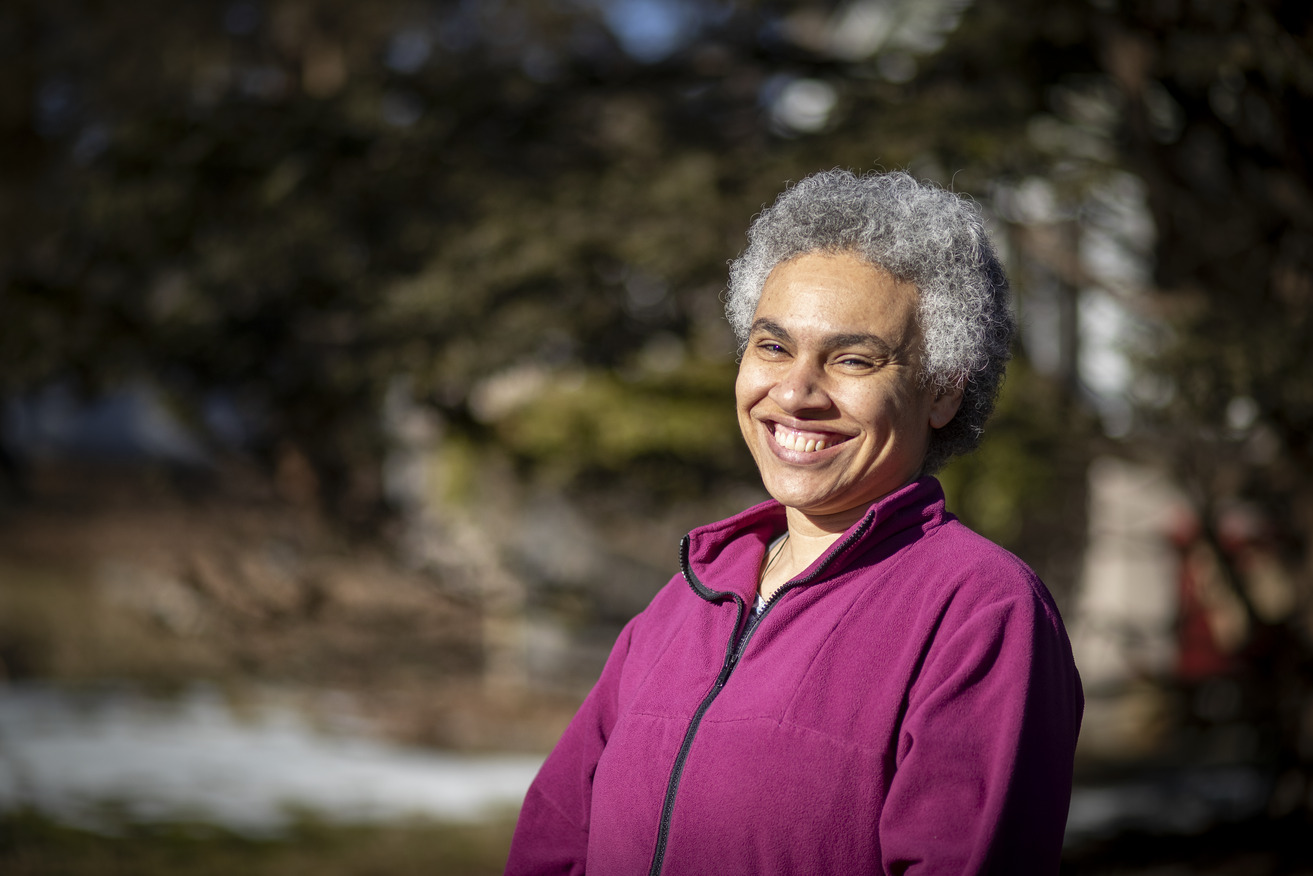Set to return from sabbatical for the spring semester, Professor of Instruction Dr. Ruth Ochia of the Bioengineering department was recently awarded a two-year $200K NSF (National Science Foundation) RIEF (Research Initiation Engineering Formation) grant for the enhancement of transfer of design thinking in undergraduate bioengineering students.
Ochia will be working with Dr. Avi Kaplan, a professor at Temple’s College of Education and Human Development as her mentor for this grant.
In her 10 years as a professor at Temple’s College of Engineering, Ochia noticed a pattern emerging in her senior design capstone teams. She saw her students struggling to apply the concept of design thinking even after being exposed to the concept in earlier courses. “...as I was talking to students, when I got to senior design, ‘well, we’ve talked about this process. I know you’ve seen it. You’ve been in my classes. You’ve done this, you’ve done that,’ but they’re not actually transferring it,” Ochia elaborates.
Design thinking is a problem-solving process, which includes considering the end-user. As opposed to simply solving a problem for the sake of solving it, solutions should be modeled around how they can directly impact those affected.
‘Transfer’ refers to the transfer of knowledge, or, taking a learned concept to use later in a student’s education.
Ultimately, Ochia’s goal with this grant is to have students internalize design thinking as a viable process to solve problems and apply design thinking in their careers.
To accomplish this goal, Ochia is exploring engineering education research, a field that is new to her, guided by Kaplan. She will take a few courses in the College of Education to further her knowledge and explore education research concepts that may apply to her students.
The research for this grant will include interventions in the senior design capstone courses.
At the College of Engineering, all students participate in a senior design in which they work as a group with a faculty member to develop a project from start to finish, applying concepts learned in classes to bring a unique idea to life.
Once the intervention is implemented, students will also participate in focus groups to determine how much knowledge they’ve retained from the intervention.
In addition to the added educational benefit for students, Ochia is excited about the prospect of expanding engineering education research at Temple. "...talking about teaching and how to improve teaching, which supports the mission of Temple...how do we make people more aware that, especially in engineering, that there are definitely...evidence-based practices to improve what we do,” Ochia explains.
As a collaborative project between the College of Engineering and the College of Education and Human Development, this project will spread the knowledge of engineering education research, ultimately serving current and future students with more effective educational models.

